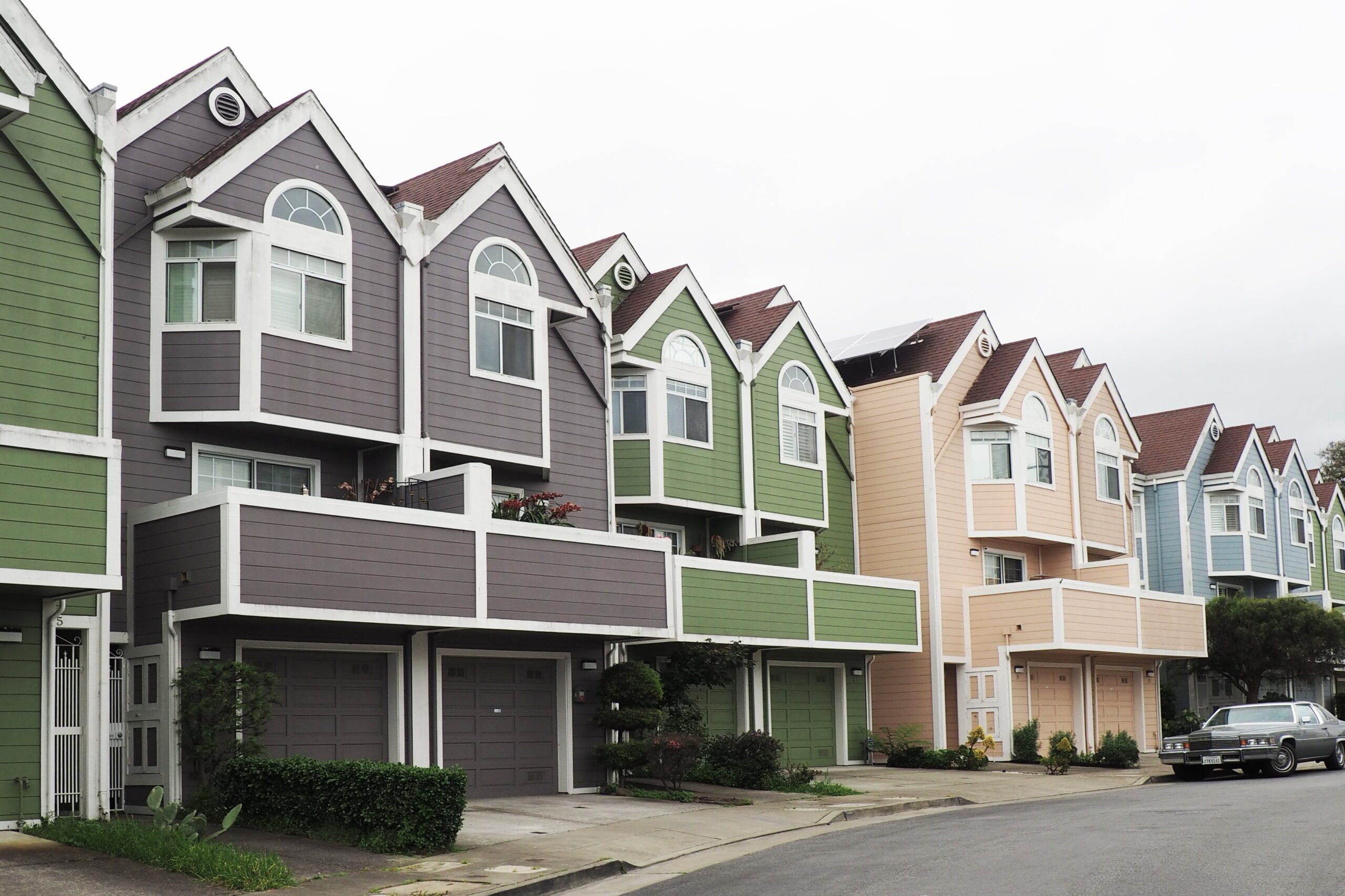Housing authorities play a crucial role in assisting low-income individuals and families, but there’s often…

In an era where housing costs continue to rise, understanding the importance of affordable housing has never been more crucial. Affordable housing plays a pivotal role in fostering social stability, bolstering economic value, and enhancing the overall well-being of communities. The significance and benefits of affordable housing extend far beyond providing shelter.
Read on to learn about the critical importance and wide-ranging advantages affordable housing brings to individuals, communities, and the real estate industry.
What Is Affordable Housing?
Affordable housing refers to housing units priced at a level affordable to individuals and families with low to moderate incomes. It is designed to ensure that a reasonable portion of a household’s income is dedicated to housing costs, including rent or mortgage payments, utilities, and related expenses.
Affordability is typically defined based on a percentage of the area’s median income or by considering a household’s income in relation to housing expenses. It should not account for more than 30% of a household’s income.
Exploring the Importance and Advantages of Affordable Housing
Understanding the importance and benefits of affordable housing is essential, as it enables individuals, communities, and policymakers to support and make informed decisions regarding housing policies. As such, let’s look a little more closely at both the importance and benefits affordable housing has.
The Importance of Affordable Housing
Affordable housing can help in many ways, including the following:
Promoting Social Stability and Inclusion
Affordable housing creates a sense of belonging and helps reduce homelessness and housing insecurity. It can enable integration and diversity, allowing people from different socioeconomic backgrounds to live harmoniously.
Driving Economic Growth and Strength
By increasing the availability of affordable homes, communities can attract a diverse workforce, support entrepreneurship, and stimulate local businesses. Low-cost housing construction projects generate employment opportunities in the industry and related sectors. The resulting economic growth benefits individuals and strengthens the overall stability of communities.
Fighting Homelessness
One of the clear ways affordable housing is of great help is in dealing with homelessness. The more affordable houses are, after all, the easier it is for those who are trying to find a place to live. Taking affordable housing a step further by combining affordable housing units with support services such as counseling, job training, and healthcare can help cut down homelessness in the area even more, as it allows those who need it to reach the resources they require to rebuild their lives.
Handling Society and Market Needs
The significance of affordable housing extends to demographic and market needs. It contributes to the increasing demand from diverse groups of people requiring affordable housing options. Understanding and addressing these needs allows the real estate industry to adapt and meet changing demands, ensuring long-term market stability.
Revenue Generation
The development of affordable homes can generate substantial revenue for local governments. As cities witness the positive impact of low-cost housing on their communities, they are more likely to support and contribute funding towards further initiatives. The social benefits of affordable housing, including improved neighborhood security and reduced crime, are vital in terms of impact and ESG investing.
Security
Affordable housing offers housing security for individuals by ensuring they have a stable and affordable place to live. This assurance can reduce the risk of homelessness and housing insecurity. Low-income housing enhances neighborhood security by promoting stable and engaged residents, reducing crime rates, and fostering a safer environment.
Promoting Economic Mobility
Access to affordable housing allows individuals and families to improve their financial situation, break the cycle of poverty, and achieve upward economic mobility.
Supporting Workforce Stability
Affordable housing ensures that workers can access housing options near their workplaces. It can reduce commuting times and improve work-life balance, enhancing workforce stability and productivity.
Strengthening Emergency Preparedness
Affordable housing can serve as a critical resource during emergencies and natural disasters. It can provide a safe and stable shelter for individuals and families affected by such events.
Neighborhood Revitalization
When it comes to the overall livability of the area, affordable housing can really breathe new life into a neighborhood. Well-designed affordable housing developments often include mixed-use spaces, community amenities, and public spaces, which help to make a vibrant and attractive neighborhood where people want to live, work, and play.

The Benefits of Affordable Housing
Let’s look at the benefits of affordable housing to both communities and individuals:
Economic Benefits
Individuals and families can allocate more of their income towards other essential needs such as education, healthcare, and savings by availing of affordable housing options. Reduced housing costs enhance financial stability, empowering households to improve their quality of life and pursue economic advancement.
Social Benefits
Affordable housing promotes social integration by providing housing options for individuals from different socioeconomic backgrounds. It can encourage diversity and break down social barriers. Stable housing strengthens community bonds, as residents can build long-term relationships.
Health Benefits
Durable and secure housing reduces stress and improves mental and physical well-being. Affordable housing initiatives prioritize healthy living environments, such as proper ventilation, clean water, and adequate space.
Educational Benefits
Stable housing allows children to attend local schools consistently, fostering educational continuity. Living in affordable homes within their communities gives children a better chance to succeed academically, breaking the cycle of poverty and opening doors for future opportunities.
Environmental Benefits
Affordable housing initiatives increasingly incorporate sustainable and environmentally friendly practices. Energy-efficient designs, green building materials, and renewable energy sources reduce energy consumption, lower carbon emissions, and minimize the atmospheric impact of housing. These ecological features contribute to a more sustainable future and help decrease the effects of climate change.
If you’re considering creating affordable housing solutions, the experts at the Hinesville Housing Authority can assist you. Contact us to get a quality home today!





